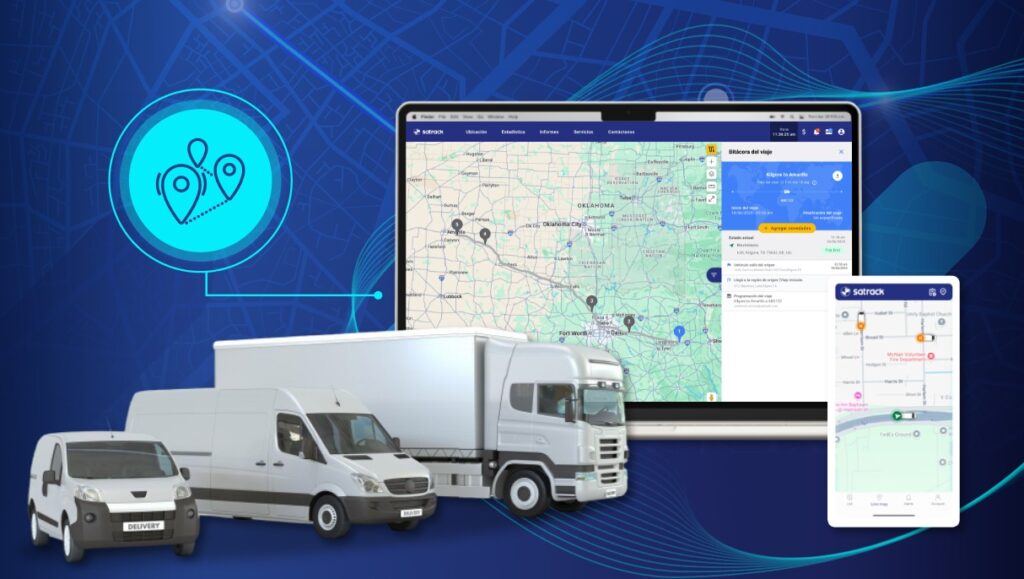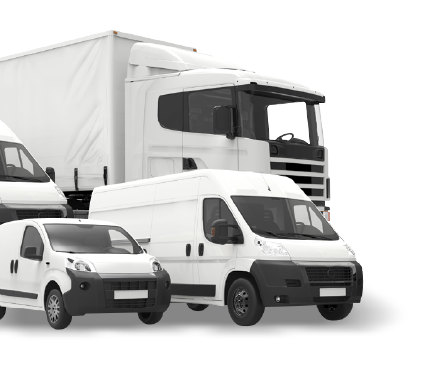

In the transportation industry, every mile counts. Managing a fleet, whether small or mid sized comes with a long list of challenges that directly impact profitability: fuel consumption, unexpected maintenance, theft, overtime, and unauthorized vehicle use. All of these factors can quickly drive up operating costs and shrink profit margins.
This is where Fleet Tracking comes into play a technological solution that has become an indispensable ally for fleet managers and business owners seeking efficiency and control. More than just a GPS, it’s a comprehensive platform that connects data, automates alerts, and makes smart decision-making easier.
What Is a Fleet Tracking System?
A Fleet Tracking system combines several technologies, including:
In short, it’s a tool designed to give you total control over your fleet while turning data into actionable insights that reduce costs and protect your assets.
Key Areas Where Fleet Tracking Delivers Immediate Savings
A tracking system doesn’t just tell you where your vehicles are it also impacts the most critical cost areas of your operation:
| Category | Estimated Savings |
| Fuel | 10% – 25% |
| Maintenance | 15% – 30% |
| Overtime | 10% – 20% |
| Unauthorized Use | 20% – 40% |
| Theft Prevention | 35% – 90% |
Common Use Cases
1. Reducing Fuel Costs
The system identifies route deviations, excessive idling, and inefficient driving habits. With this data, you can coach drivers, optimize routes, and significantly cut fuel expenses.
2. Preventive Maintenance
By collecting engine and mileage data, the system creates a digital maintenance history for each vehicle. Automated alerts for scheduled services help prevent costly repairs and extend the fleet’s lifespan.
3. Overtime Control
Accurately tracking time spent on the road and during stops eliminates unnecessary payments for unworked hours protecting your budget and improving driver productivity.
4. Detecting Unauthorized Use
Set zones and operating schedules to receive alerts when a vehicle is used outside of approved parameters. This is especially useful for monitoring entries and exits at yards, warehouses, or restricted areas.
5. Theft Prevention
Real time tracking and remote engine shut off make Fleet Tracking a powerful tool for recovering stolen vehicles quickly, safeguarding your investment.
Real World Results
Companies that implement Fleet Tracking solutions report measurable savings from the very first month. Not only do operating costs drop, but businesses also gain a competitive advantage in an increasingly demanding market. Plus, real time data access enhances decision making, enables smarter route planning, and improves customer service.
Why It Matters Now
The transportation industry is facing some of the tightest profit margins in years. In this context, technology is no longer a luxury it’s a strategic necessity. A reliable Fleet Tracking system should not be viewed as an added expense but as an investment with immediate and sustainable ROI, directly impacting both profitability and operational security.
Conclusion
If you’re looking for an effective way to cut operating costs, protect your assets, and manage your fleet with real time insights, Fleet Tracking is the solution you’ve been waiting for.
👉 Want to see how it works in detail and explore real life examples from companies like yours?
